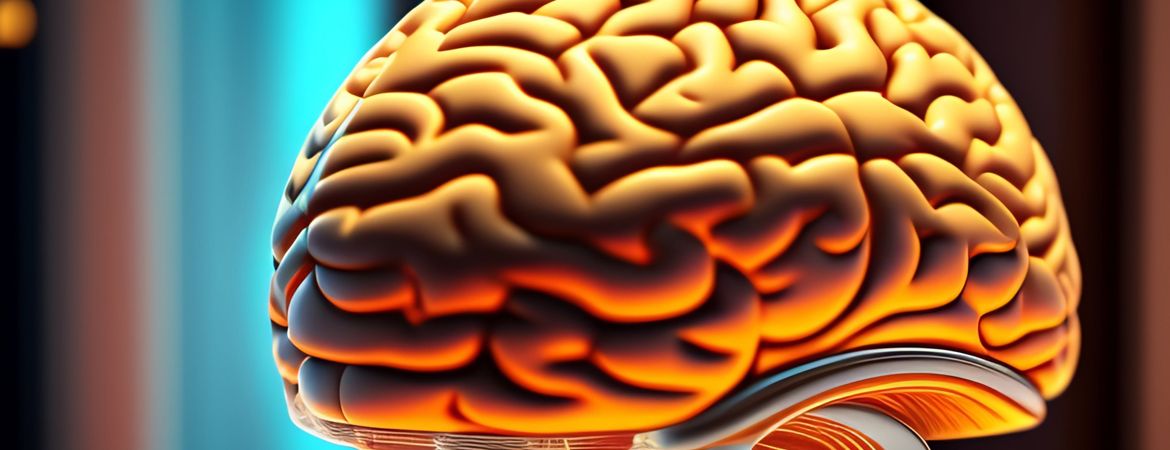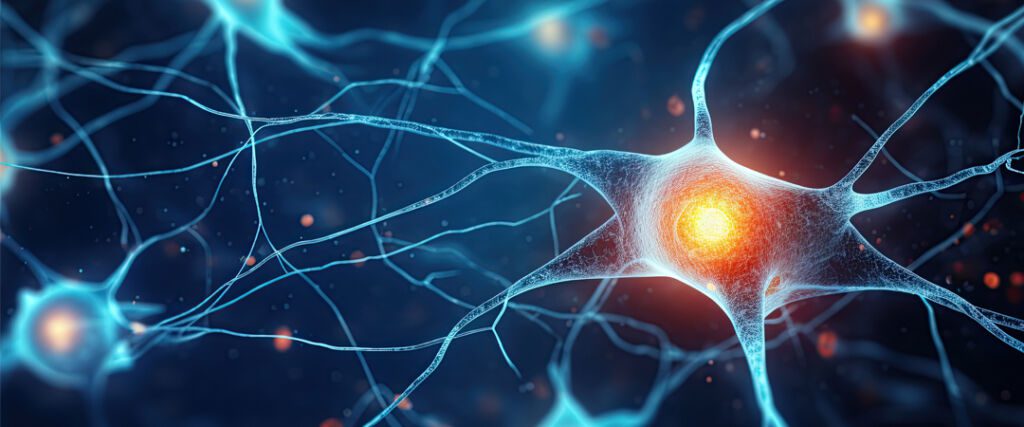
Have you ever wondered how the nervous system works and what happens when something goes wrong? Neurological disorders are unfortunately very common, affecting millions of people around the world. In this article, we explore how these disorders are understood and treated, providing valuable information for patients and their loved ones.
Whether you have a neurological condition or know someone who does, it’s important to understand the basics of these conditions. We will look at the different types of neurological disorders, such as migraines, epilepsy, Parkinson’s disease and many others, and explain the most common symptoms and risk factors.
To ensure appropriate and effective treatment, it is important to know what options are available. You will discover the different therapeutic approaches, including medication, physiotherapy, psychotherapy and natural remedies.
Whether you’re looking for information for yourself or to help a loved one, this article will guide you through understanding and treating neurological disorders. Join us on this journey to learn more about these conditions and how best to manage them.
COMMON TYPES OF NEUROLOGICAL CONDITIONS
Neurological disorders can take many different forms and affect different parts of the nervous system. Some of the most common types of neurological disorders are migraines, epilepsy, multiple sclerosis, Parkinson’s disease, Alzheimer’s disease and Huntington’s disease, to name a few. Each type of disorder has its own characteristics and symptoms.
Headaches, for example, are severe, recurring headaches that can be accompanied by nausea, vomiting and sensitivity to light. Epilepsy is characterised by sudden, unpredictable seizures that can cause convulsions and loss of consciousness. Multiple sclerosis is an autoimmune disease that affects the central nervous system, causing problems with coordination, pain and vision.
It is important to note that each person can have different symptoms, even with the same type of neurological disorder. Symptoms can also vary in intensity and frequency, making diagnosis and treatment of neurological disorders often complex.
CAUSES AND RISK FACTORS FOR NEUROLOGICAL DISORDERS
The exact causes of neurological disorders are not always clear. However, there are a number of known risk factors that can contribute to the development of these conditions. Common risk factors include a family history of neurological disorders, head injuries, infections of the nervous system, autoimmune diseases and certain environmental factors.
For example, a family history of Parkinson’s disease may increase the risk of developing the condition. Similarly, severe head trauma can damage the brain and lead to neurological disorders. Certain viral infections, such as herpes or HIV, can also affect the nervous system and cause neurological disorders.
It is important to note that risk factors do not guarantee that you will develop a neurological condition, but they can increase your chances of developing one. In addition, some neurological conditions can be idiopathic, meaning that they have no known cause.

SYMPTOMS OF NEUROLOGICAL DISORDERS
The symptoms of neurological disorders can vary greatly depending on the type of disorder, the area of the nervous system affected and the severity of the condition. Some common symptoms include frequent and severe headaches, muscle pain, problems with coordination, memory and concentration, balance problems, tremors, seizures, and speech or vision problems.
It is important to see a doctor if you have persistent or worrying neurological symptoms. Early and accurate diagnosis is essential for effective treatment and appropriate management of neurological disorders.
DIAGNOSING NEUROLOGICAL DISORDERS
The diagnosis of neurological disorders can be complex and often requires a thorough assessment by a neurologist or neurology specialist. The diagnostic process may include a detailed medical history, physical examination, specialist neurological tests, blood tests, imaging of the brain and nervous system, and other specific tests depending on the type of condition suspected.
The healthcare professional will also assess the patient’s medical and family history, as well as any symptoms that are present. It is important to provide detailed and accurate information during the consultation to facilitate the diagnosis.
TREATMENT OPTIONS FOR NEUROLOGICAL CONDITIONS
Treatment options for neurological disorders vary depending on the type of disorder, its severity and the individual needs of the patient. In many cases, a multidisciplinary approach is needed to treat neurological disorders effectively.
Medications are often used to treat neurological disorders and can include analgesics, anticonvulsants, antidepressants, anti-inflammatories and many others. These medications aim to reduce symptoms, prevent seizures, slow the progression of the disease and improve the patient’s quality of life.
In addition to medication, other therapeutic approaches may be recommended, such as physiotherapy, occupational therapy, psychotherapy, behavioural therapy, art therapy and cognitive rehabilitation. These approaches aim to improve the patient’s mobility, functionality, mood, cognition and overall quality of life.
In some cases, surgery may be needed to treat neurological disorders. For example, surgery may be recommended to treat brain tumours, aneurysms or herniated discs, or to implant deep brain stimulators for certain conditions such as Parkinson’s disease.
MEDICATIONS FOR NEUROLOGICAL DISORDERS
Medications play an important role in the treatment of neurological disorders, helping to control symptoms and slow the progression of the disease. There are different types of medications used to treat neurological disorders, depending on the type of disorder and the symptoms.
Analgesics, such as non-steroidal anti-inflammatory drugs (NSAIDs) and opioids, are often used to relieve headaches and muscle pain associated with certain neurological disorders. Anticonvulsants, such as carbamazepine and sodium valproate, are used to prevent epileptic seizures. Anti-migraine medicines, such as triptans, may help relieve migraines.
Medications for neurological disorders can have unwanted side effects and often require regular follow-up by a healthcare professional. It is important to follow your doctor’s instructions and report any side effects or concerns.

LIFESTYLE CHANGES TO MANAGE NEUROLOGICAL CONDITIONS
In addition to medical treatment, lifestyle changes are often recommended to help manage neurological conditions. These may include changes in diet, exercise, sleep, stress management and avoiding known triggers.
For migraines, for example, it may be helpful to avoid trigger foods such as cheese, chocolate, red wine and foods containing food additives such as monosodium glutamate (MSG).
Regular relaxation exercises and stress management techniques can also help reduce the frequency and intensity of migraines.
Establishing a regular, high-quality sleep routine is also important for managing neurological disorders. Getting enough sleep can help reduce symptoms such as fatigue, headaches and difficulty concentrating.
SUPPORT AND RESOURCES FOR PEOPLE WITH NEUROLOGICAL CONDITIONS
It is important for people with neurological conditions and those close to them to find support and access useful resources. There are many organisations and associations dedicated to neurological conditions that offer information, advice, support groups and help services.
These organisations can help provide up-to-date information about the latest research, available treatments, local resources and ongoing clinical trials. Support groups can be a valuable source of interaction with others facing similar problems, offering emotional support and practical advice.
It is also important to consult a healthcare professional who specialises in neurological conditions for regular monitoring and to discuss any concerns or questions.
CONCLUSION
Neurological conditions can have a significant impact on the lives of those affected and their families. However, with proper understanding and treatment, it is possible to manage these conditions and improve quality of life.
In this article we have looked at the different types of neurological disorders, causes and risk factors, symptoms, diagnosis, treatment options, medications, lifestyle changes and support resources available. By understanding this information, you’ll be better equipped to make informed decisions about your or your loved one’s neurological health.
Remember that everyone is unique and treatment needs may vary. Always consult a healthcare professional for personalised advice tailored to your situation. Together, we can work towards a better understanding and management of neurological conditions.

